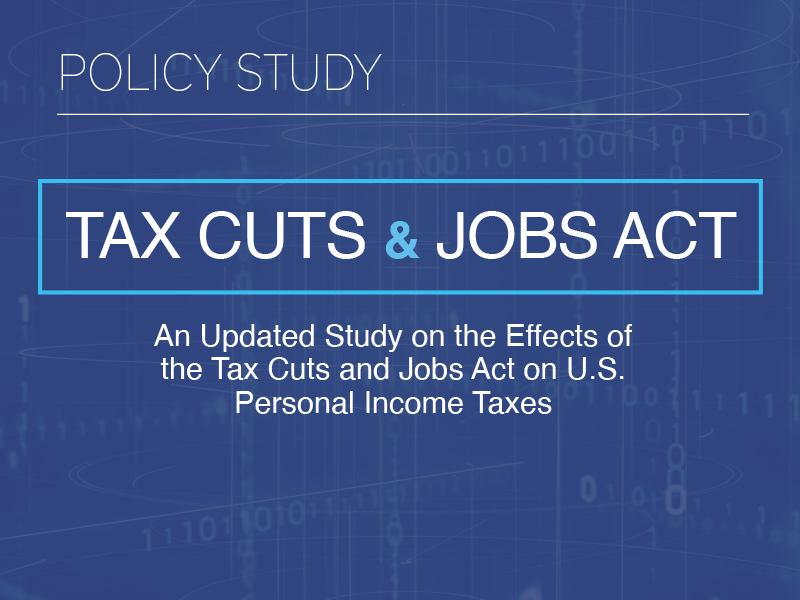As additional foreign governments agree to a U.S. federal agency’s demands to hand over American citizens’ financial information, a nonprofit organization representing the interests of U.S. citizens living in other countries called on the federal government to revise how expatriates are required to report income.
In September, South Korea agreed to the U.S. Department of the Treasury’s request to comply with the Foreign Account Tax Compliance Act (FATCA), a law passed in 2010 requiring U.S. citizens to report to the Internal Revenue Service assets stored in foreign banks.
American Citizens Abroad (ACA), a nonprofit organization representing the interests of U.S. expatriates, is calling on regulators to revise their FATCA implementation with an exemption for expatriates’ assets kept in their country of residence.
Regulatory Harm Cited
Marylouise Serrato, ACA’s executive director, says foreign banks are saying it’s not worth the hassle to store U.S. expatriates’ money.
“Before FATCA, if an American was evading taxes or behaving badly, it was going to be incumbent on them to pay all the penalties and back taxes,” Serrato said. “Now, the bank is also liable and there are penalties for harboring undeclared American assets. For a lot of these financial institutions, the easiest thing is just to eliminate where the problem exists, and that is in servicing American clients. What we started to see initially was a lot of banking lockout: Americans weren’t able to get even basic checking and savings accounts.”
Wants Real Fixes, Not Tweaks
Brian Garst, director of policy and communications at the Center for Freedom and Prosperity, says FATCA should be scrapped entirely, not just tweaked.
“A same-country exemption for FATCA certainly seems popular,” Garst said. “It has the support of key members of Congress, but [the U.S.] Treasury [Department] is fickle and ultimately will do as it pleases. It would be better for Congress to take control and force the issue or, better yet, repeal FATCA altogether.”
Causing ‘Competitive Ills’
Garst says FATCA is a unique burden on U.S. citizens.
“Our worldwide tax system on both individuals and corporations is the source of many of our competitive ills,” Garst said. “It is an unnecessary burden carried by Americans that citizens and businesses from other nations do not face. Moving to a common-sense territorial system would not only be a move toward a fairer approach to tax collection, it would also elevate Americans on the global economic stage.”




